For those of us who have spent years wondering where the Volkswagen Group was really going with Seat, once touted as its sporty mainstream marque, wonder no longer: the future is dim.
We found out at the Munich motor show that Seat is to stop being a conventional car maker. Its current models will run out and the name will live on for electric ‘mobility solutions’ – e-scooters and so on.
The car focus for Volkswagen’s Spanish arm will move entirely to Cupra, formerly Seat’s even sportier sub-brand, which has taken over the role as the flag-bearer for not just fun cars but mainstream cars too. It’s producing precisely the sort of cars that Seat was always meant to make.
For years, we were meant to perceive Seat as the Volkswagen Group’s answer to Alfa Romeo, making cars that were dynamically adept, easy on the eye and not uneasy on the pocket. This is effectively what Cupra does now.
Take the Formentor, a model exclusive to Cupra (unlike the earlier Ateca and Leon). Although it looks striking, with a long bonnet, and there are some quick versions, it isn’t a sports model: it’s a five-door family crossover that, with a 1.5-litre engine and an automatic gearbox, can be had for £315 a month.
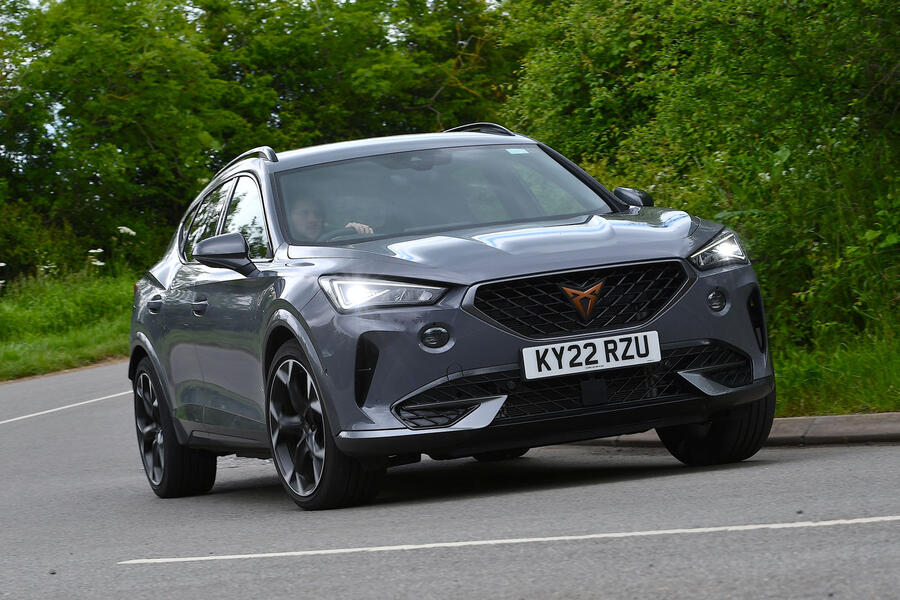
It would look just as good and drive just as well with a Seat badge. And I can’t imagine that, outside Spain, the names Seat and Cupra are so ingrained in car buyers’ psyches that it would make the slightest bit of difference to all but the keenest of enthusiasts. Would it?
Maybe Cupra really does mean something to everyday car buyers that Seat never did or ever could do. But, as feels more likely to me, people working at the company feel differently about the two brands and therefore work differently with them.
Talking about the new Dark Rebel concept car, a dramatic sports coupé, Cupra design boss Jorge Díez told us that “with no heritage or need to keep to DNA, we can make it from scratch”.
That’s no doubt accurate. But would ardent Seat fans have been banging down the doors at Martorell in protest had the Dark Rebel come out exactly the same, save for having a Seat badge? “Sorry, Jorge, but this just isn’t sufficiently Alhambraey.”

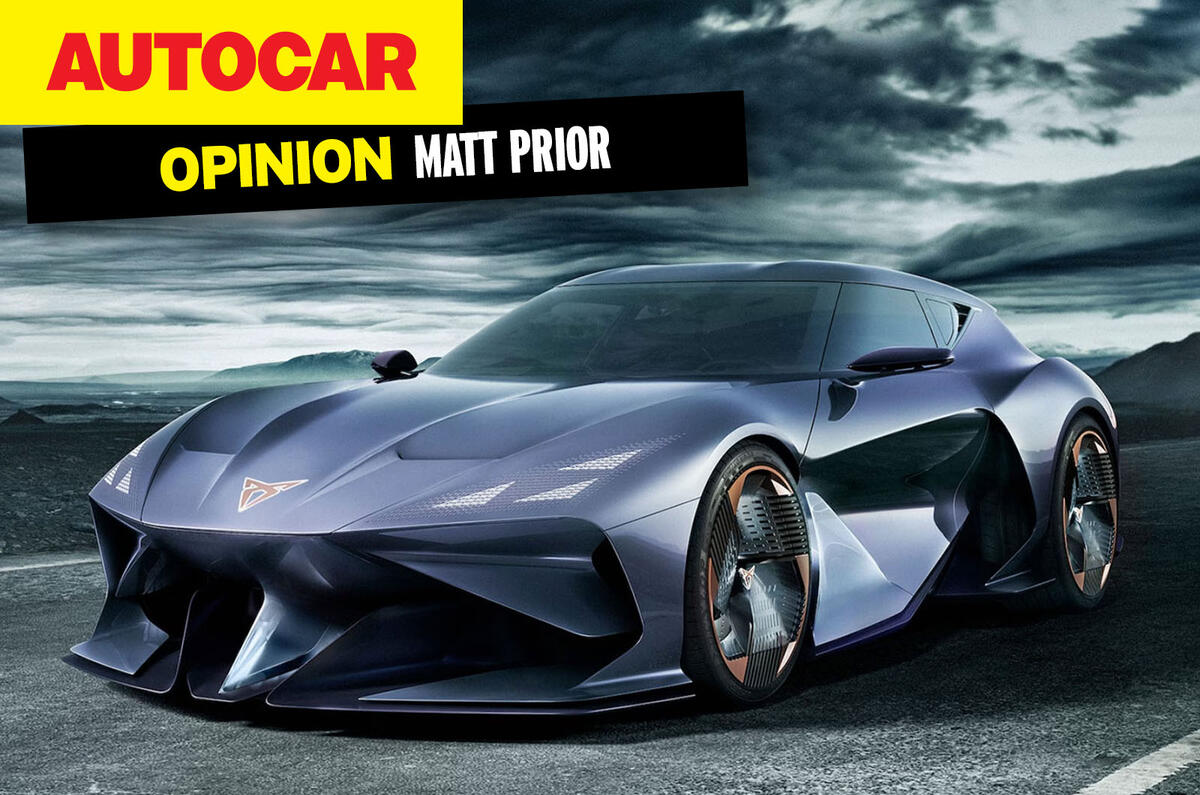
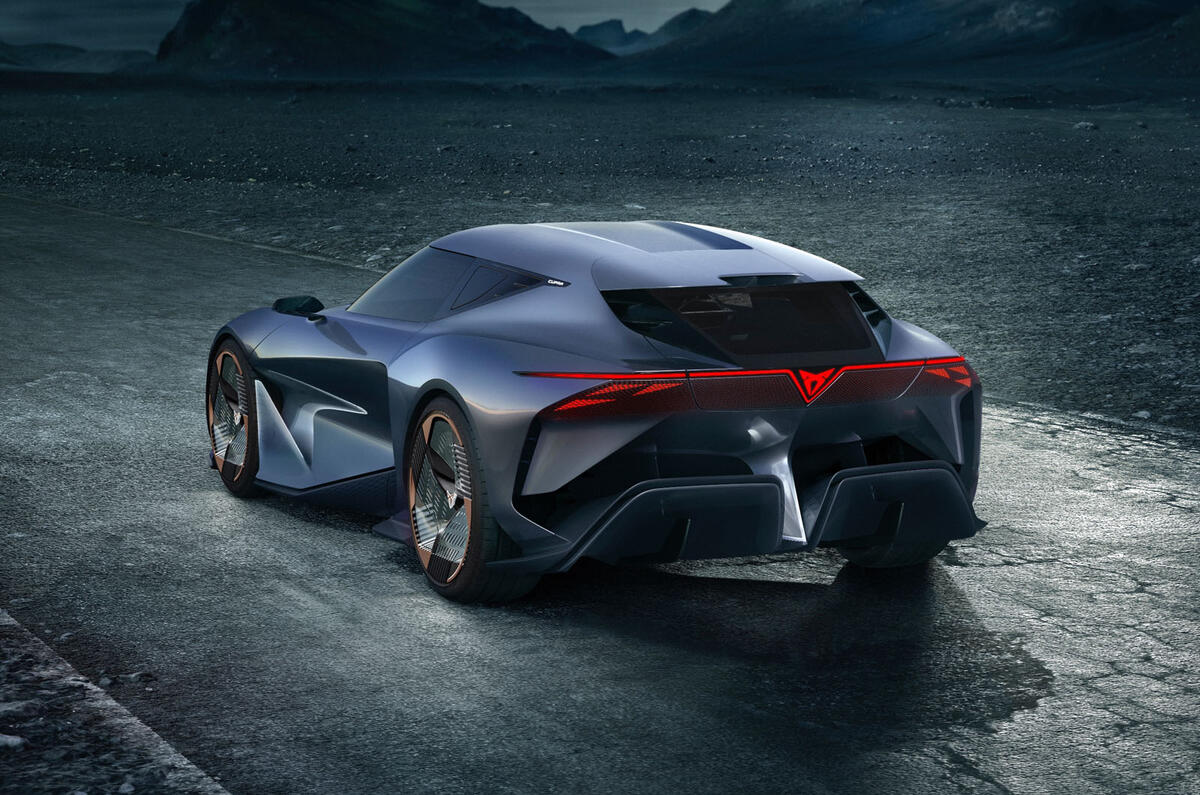
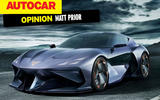
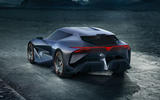

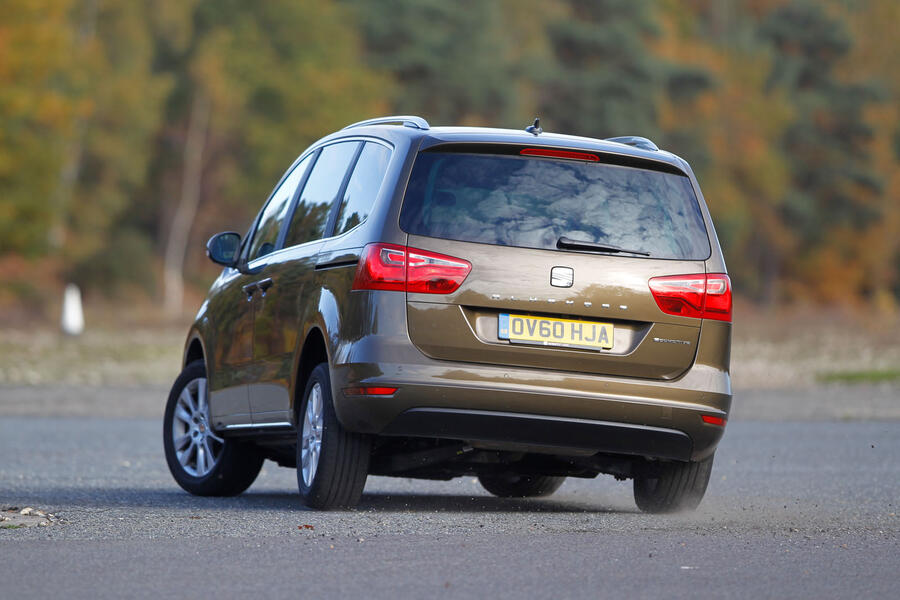




Join the debate
Add your comment
I Don't give a toss all the time they have that awful infotainment thing and a handbook that bears no relation to the goods supplied. They should all be rightfully called Crap Cans.
SEAT could have done everything CUPRA is doing if it had been allowed to ditch the economy hatchbacks and have some Halo models. But after years of being forced to sell those and Alhambra's etc the easier way is to introduce a new brand with no baggage. I do hate the tacky copper plastic jewellery and those awful logos.
Its a win-win for VW. Before long you'll have a range of models that could all have been sold as Seats. but instead will be Cupras selling for a higher price.
Spot on!!!!!